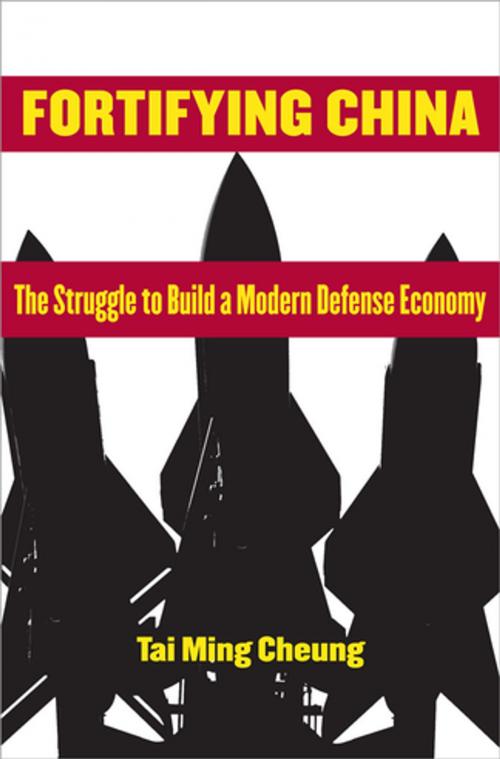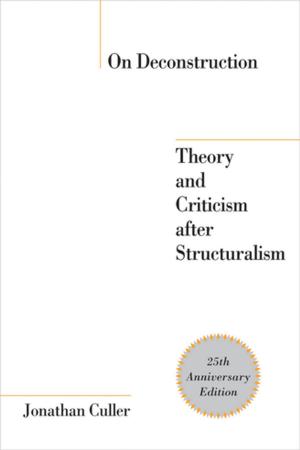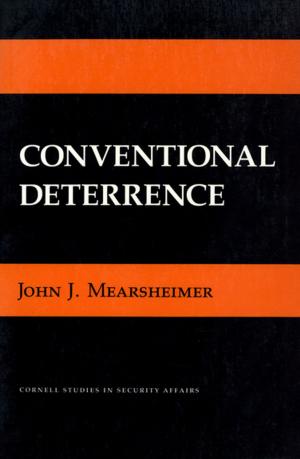Fortifying China
The Struggle to Build a Modern Defense Economy
Nonfiction, Social & Cultural Studies, Political Science, International| Author: | Tai Ming Cheung | ISBN: | 9780801468490 |
| Publisher: | Cornell University Press | Publication: | December 15, 2009 |
| Imprint: | Cornell University Press | Language: | English |
| Author: | Tai Ming Cheung |
| ISBN: | 9780801468490 |
| Publisher: | Cornell University Press |
| Publication: | December 15, 2009 |
| Imprint: | Cornell University Press |
| Language: | English |
Fortifying China explores the titanic struggle to turn China into an aspiring world-class military technological power. The defense economy is leveraging the country's vibrant civilian economy and gaining access to foreign sources of technology and know-how. Drawing on extensive Chinese-language sources, Tai Ming Cheung explains that this transformation has two key dimensions. The defense economy is being reengineered to break down bureaucratic barriers and reduce the role of the state, fostering a more competitive and entrepreneurial culture to facilitate the rapid diffusion and absorption of technology and knowledge. At the same time, the civilian and defense economies are being integrated to form a dual-use technological and industrial base.In Cheung's view, the Chinese authorities believe this strategy will play a key role in supporting long-term defense modernization. For China's neighbors and the United States, understanding China's technological, industrial, and military capabilities is critical to the formulation of economic and security policies. Fortifying China provides crucial insight into the impact of China's dual-use technology strategy. Cheung's "systems of innovation" framework considers the structure, dynamics, and performance of the defense economy from a systems-level perspective.
Fortifying China explores the titanic struggle to turn China into an aspiring world-class military technological power. The defense economy is leveraging the country's vibrant civilian economy and gaining access to foreign sources of technology and know-how. Drawing on extensive Chinese-language sources, Tai Ming Cheung explains that this transformation has two key dimensions. The defense economy is being reengineered to break down bureaucratic barriers and reduce the role of the state, fostering a more competitive and entrepreneurial culture to facilitate the rapid diffusion and absorption of technology and knowledge. At the same time, the civilian and defense economies are being integrated to form a dual-use technological and industrial base.In Cheung's view, the Chinese authorities believe this strategy will play a key role in supporting long-term defense modernization. For China's neighbors and the United States, understanding China's technological, industrial, and military capabilities is critical to the formulation of economic and security policies. Fortifying China provides crucial insight into the impact of China's dual-use technology strategy. Cheung's "systems of innovation" framework considers the structure, dynamics, and performance of the defense economy from a systems-level perspective.















